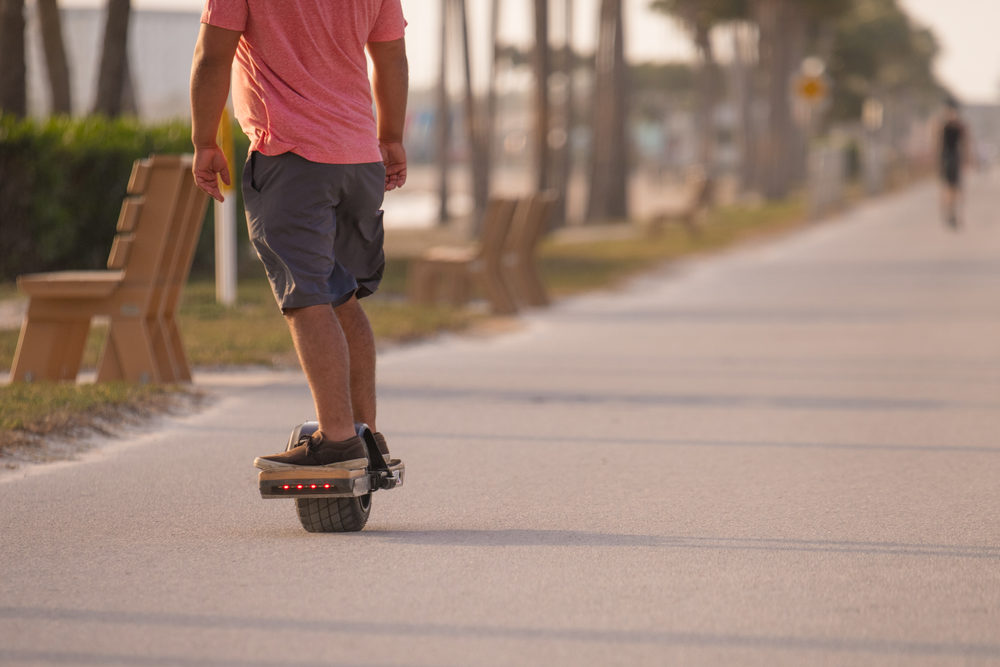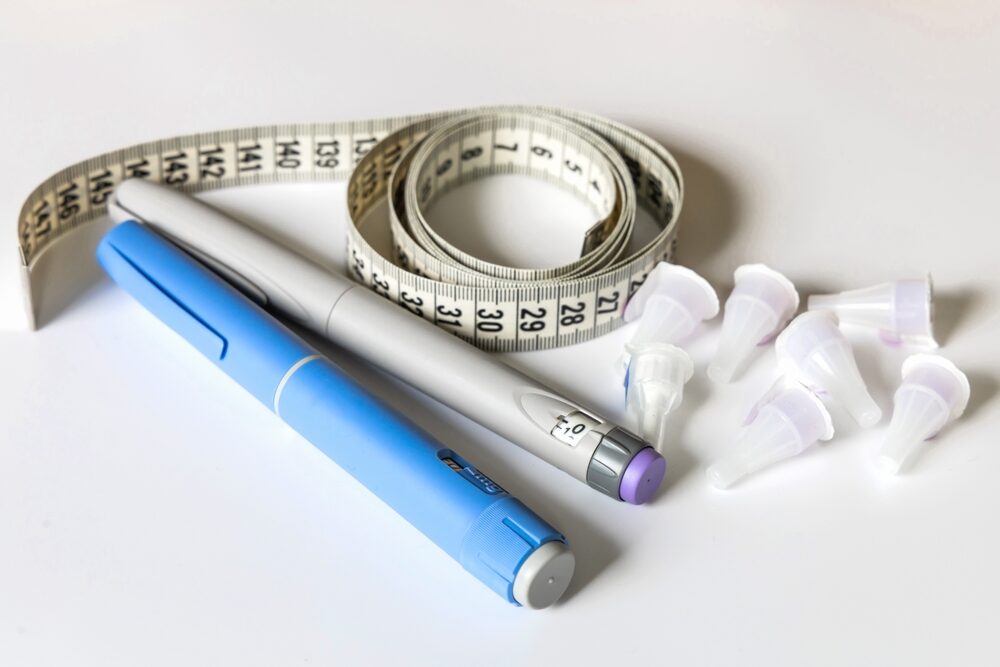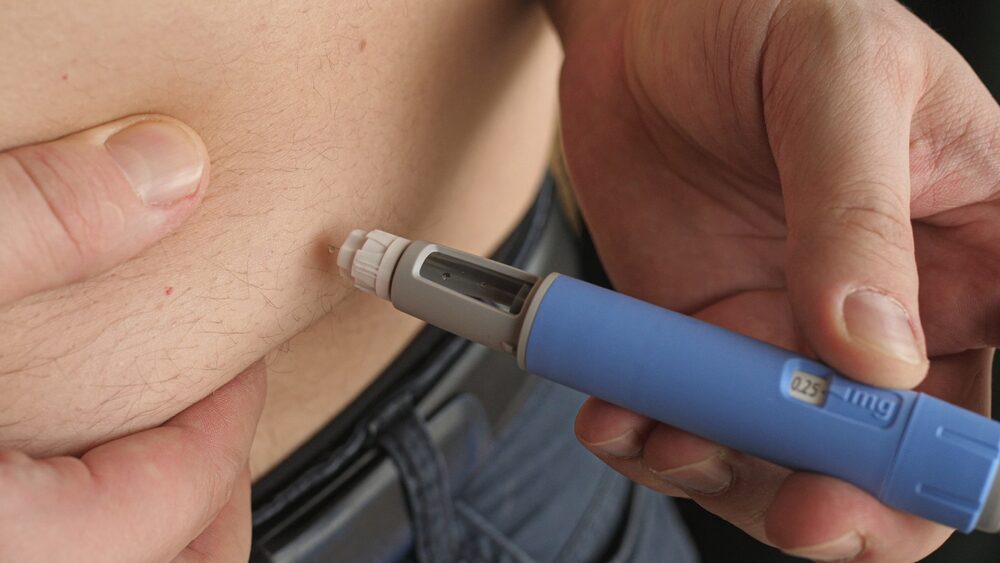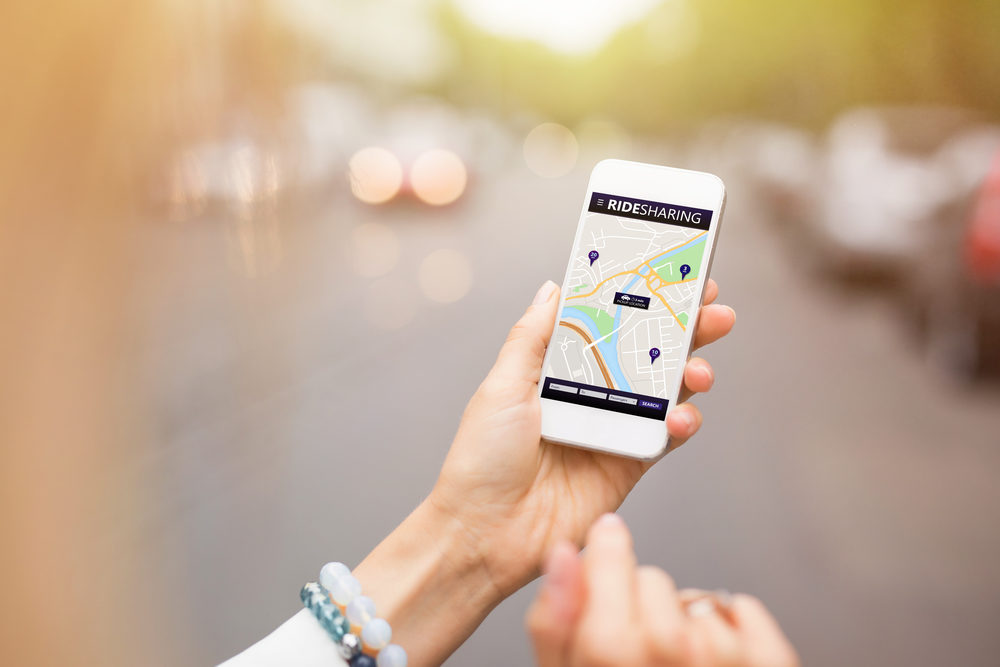Last December, the U.S. Judicial Panel on Multidistrict Litigation (JPML) ordered all federally filed Onewheel lawsuits centralized in the Northern District of California. The Honorable Beth Labson Freeman was appointed to oversee the proceedings. Now, according to a recent court order, the parties will soon…

Roopal Luhana
3 min read











